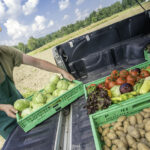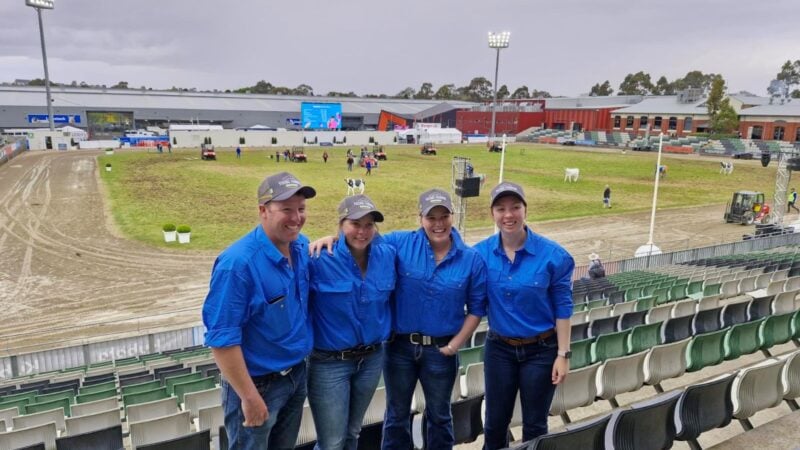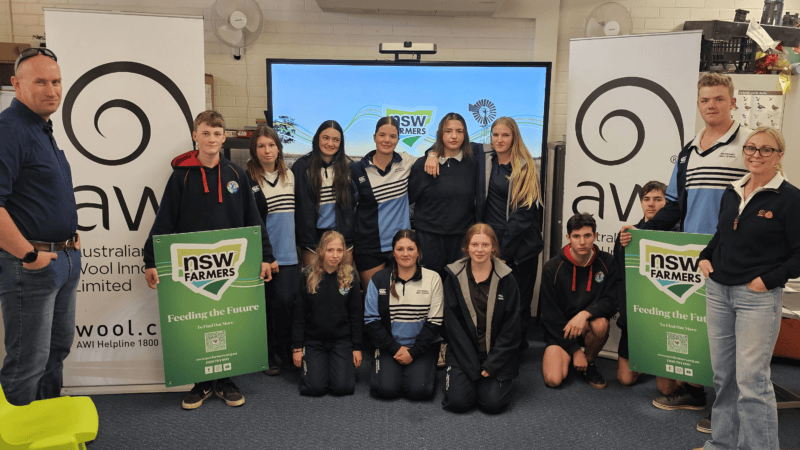After weeks of frustration and concerns about how the looming harvest would be managed, a…
NSW Farmers Executive Council meet in Orange
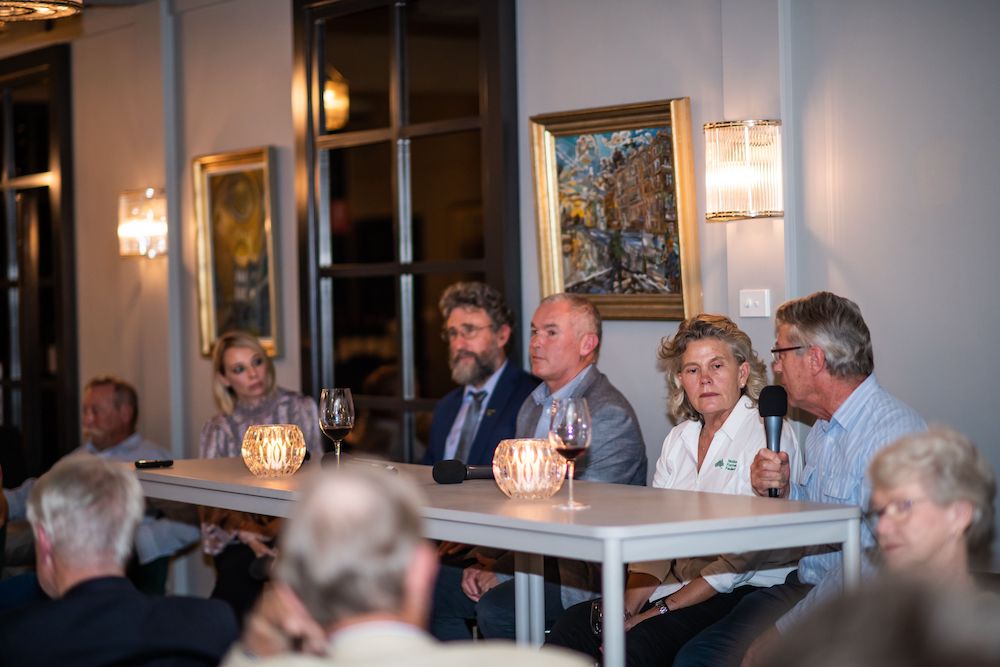
After a year of disruption, the NSW Farmers Executive Council were able to meet in-person recently for a two-day conference in the central western NSW regional centre of Orange.
Over 70 Executive Council members from across NSW attended the conference at the historic Hotel Canobolas with a formal dinner function and panel session at the beautifully renovated Peacock Room at the Oriana Orange, a 1970s motel that has recently been restored to its former glory.
Executive Council member and Orange City Mayor, Reg Kidd, said after a year of meetings online, it was wonderful to meet in person and reconnect with old members, as well as meet new ones.
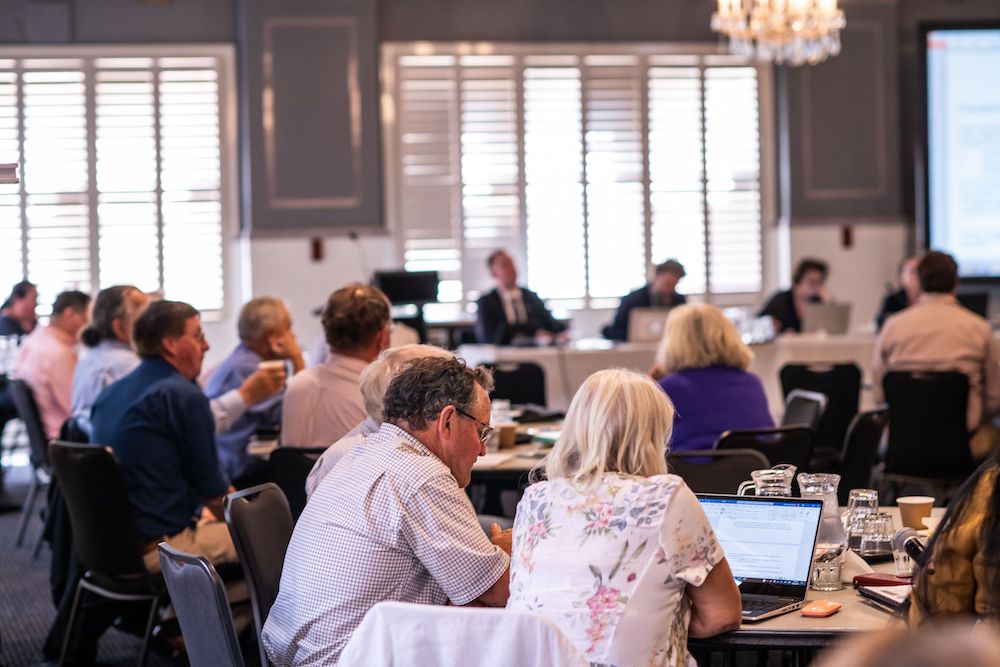
He said Orange was a perfect place to host the conference due to its central location and ease of access from most parts of NSW.
The regional centre is also the location of a number of agribusiness headquarters with the NSW Department of Primary Industries based there, along with the Federal Government’s Regional Investment Commission and Paraway Pastoral Company, a privately owned operating entity of the Macquarie Pastoral Fund.
“Orange is a very mixed agricultural and horticultural region. We have wine grapes, apples and cherries right through to sheep, cattle and all forms of farming and we are also very close to grazing and large grazing areas and cotton so having 70-plus people in Orange from the Executive Council over those few days is certainly a good injection of funding into the local economy,” Mr Kidd told The Muster.
“There were people here from big towns, little towns, little villages, bigger towns, little cities and the big smoke (Sydney) and Canberra.
He said the feedback about the location and venues couldn’t have been better.

“The formal dinner was outstanding, and people just couldn’t get over it. The food was all sourced locally and so were the wines so from that point of view it was great for Orange,” Mr Kidd said.
But while the social aspects of the Executive Council were certainly well received, there was also a packed agenda to get through with key topics including land use, mice, water management, trade and much discussion about the proposed property tax reform in NSW covered.
Land use planning reform also featured heavily in the discussions as this is now firmly in the sights of the NSW Government.
NAB�s Agribusiness Strategy Executive, Bel Quince, also addressed Executive Council on the new partnership between NAB and NSW Farmers� Association.
�NAB recognises its critical role in both protecting and enabling Australia�s agricultural industry, and we are continuing to invest in supporting this sector.�
�The great opportunities this partnership presents is for us to both listen to industry, to ensure NAB continues to meet industry�s changing needs, and to also share our insights on financial literacy and data driven industry trends. Where we can share openly between industry and NAB, I believe that can be really powerful for our customers.�
Bel Quince, NAB�s Agribusiness Strategy Executive.
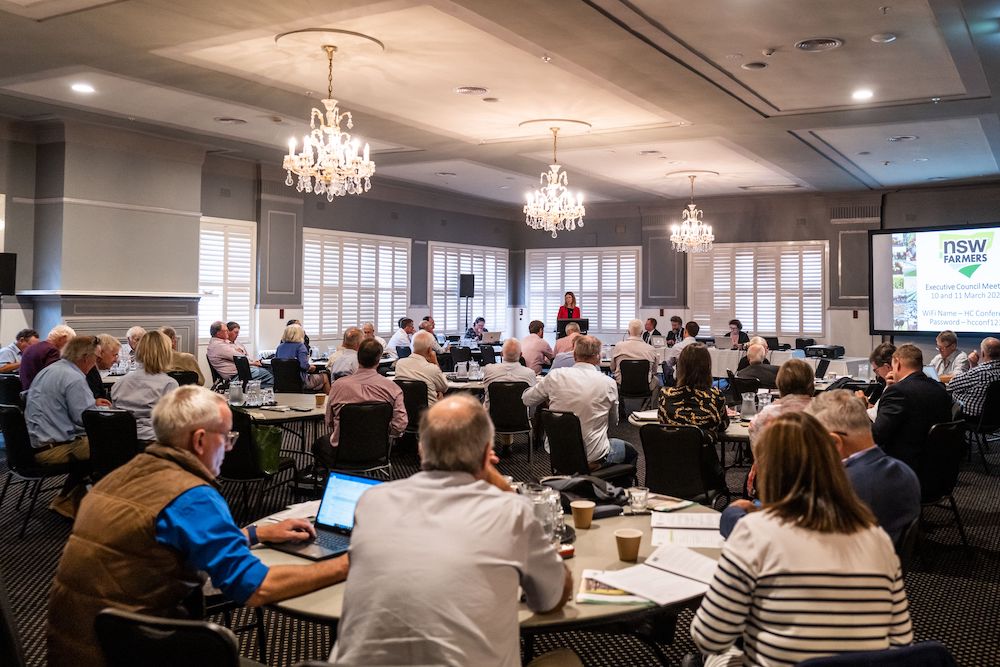
“Land use strategy is very important because that effects a whole range of issues that are occurring across the state at the moment including Inland Rail, solar farms and carriageways for power lines,” Mr Kidd said.
“Biosecurity was also a big issue and we discussed all kinds of threats ranging from bats and mice and how these threats tie in with the Inland Rail as well.”
NSW Agriculture Commissioner Daryl Quinlivan
NSW Agriculture Commissioner Daryl Quinlivan attended the meeting giving NSW Farmers the opportunity to discuss a land use strategy which protects agricultural land and minimises land use conflict.
NSW Farmers President James Jackson says a clear message that emerged from the meeting was that farmers need to be consulted on any proposed changes in relation to the NSW Government’s plan to deliver five Renewable Energy Zones in the Central-West Orana, New England, South-West, Hunter-Central Coast and Illawarra regions.
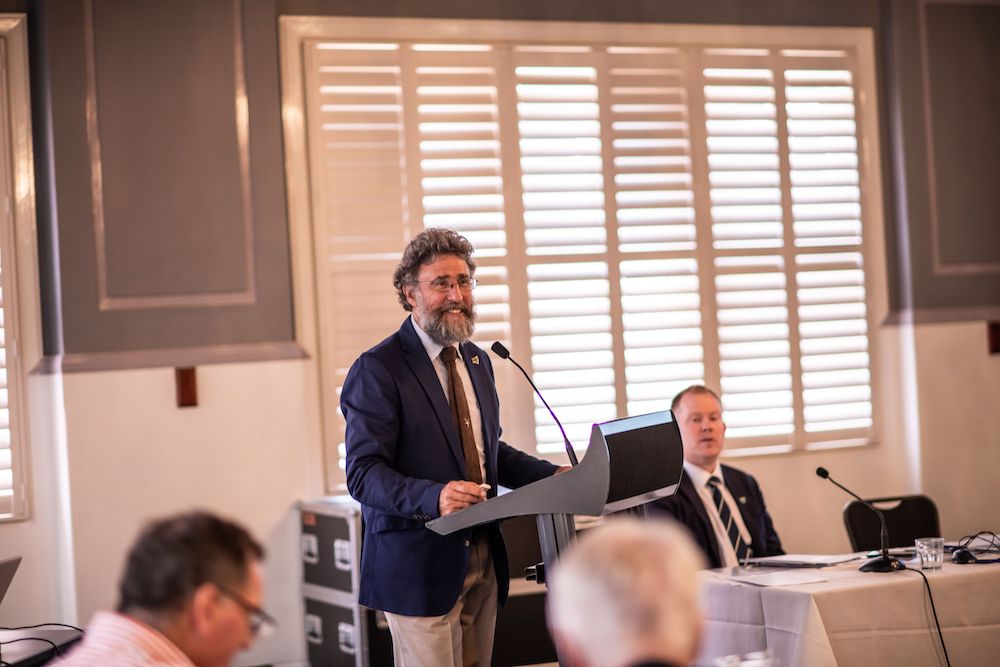
“Following several discussions on large-scale solar and transmission lines, as well as a need for a land classification system in NSW to identify and protect important agricultural land, a clear message emerged from the meeting that farmers need to be consulted on any proposed changes,” Mr Jackson said.
Trade also came up for discussion with NSW Farmers committing to exploring avenues to expand export opportunities and market access for the state’s premium produce.

“Demonstrating the adaptability of our policy-setting system, NSW Farmers was able to formalise its support for the continuation of the International Freight Assistance Measure (IFAM),” he said.
A panel discussion was also held with National Farmers’ Federation President Fiona Simson, Mr Quinlivan and the Director General of the NSW Department of Primary Industries Scott Hansen to discuss the opportunities and roadblocks for agriculture as it works towards its state and national productivity targets by 2030.
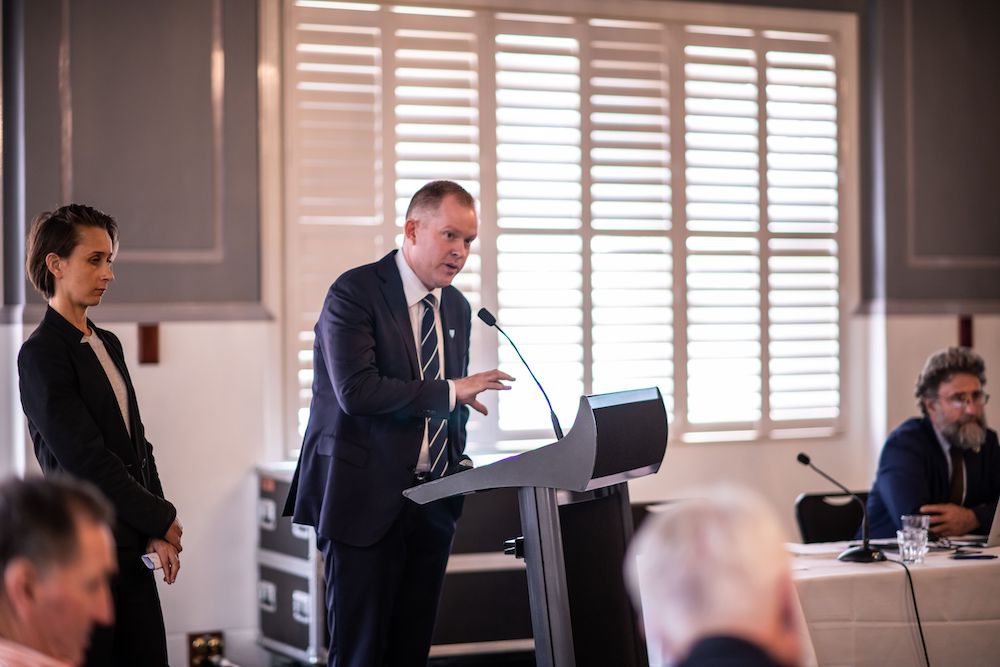
If you enjoyed this review of the NSW Farmers Executive Council meeting, you might like our feature on NSW Farmers’ five-point-plan on the labour shortage issue.


